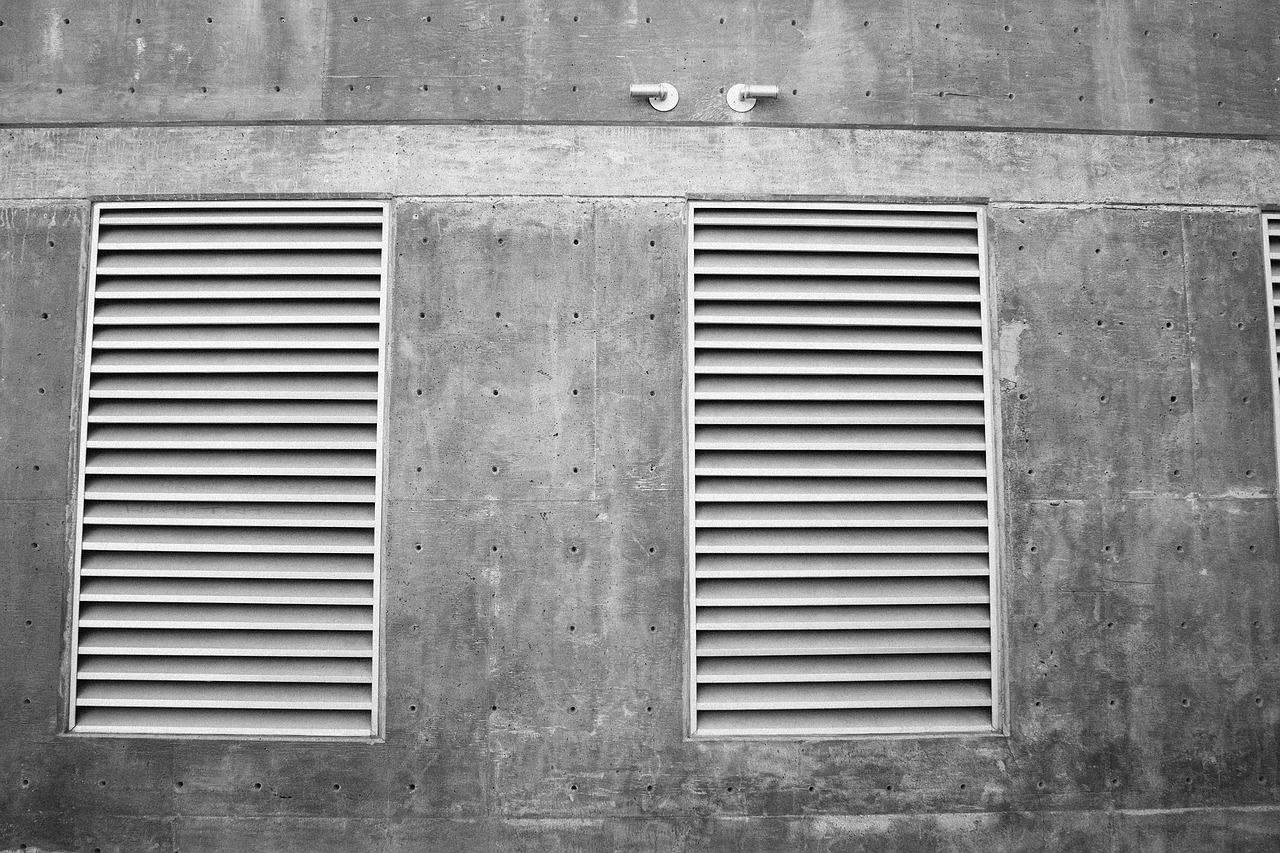The Benefits of Installing a Home Rainwater Harvesting System
Rainwater harvesting systems have gained popularity as a cost-effective solution for reducing water bills. By collecting rainwater from rooftops and storing it in tanks or barrels, homeowners can significantly decrease their reliance on municipal water sources. This self-sufficient approach not only helps save money in the long run but also promotes sustainability.
The initial investment in a rainwater harvesting system may seem daunting, but the long-term savings are well worth it. With proper installation and maintenance, these systems can provide a reliable source of water for various household uses, such as gardening, landscaping, and even indoor plumbing. By harnessing nature’s abundance, homeowners can take control of their water consumption and cut down on utility costs.
Reduce Water Bills with Rainwater Harvesting
Rainwater harvesting is a cost-effective solution that can lead to substantial savings on water bills for both residential and commercial properties. By collecting and storing rainwater that would otherwise go to waste, property owners can reduce their reliance on municipal water sources and lower their monthly water expenses.
Implementing a rainwater harvesting system involves relatively low upfront costs, with long-term savings that can quickly outweigh the initial investment. Additionally, many regions offer rebates or incentives for installing rainwater harvesting systems, further increasing the potential financial benefits for property owners looking to cut down on their water bills.
What is rainwater harvesting?
Rainwater harvesting is the process of collecting and storing rainwater for later use, such as watering plants, flushing toilets, or washing clothes.
How can a rainwater harvesting system save money on water bills?
By collecting rainwater for non-potable uses, such as irrigation or toilet flushing, homeowners can reduce their reliance on municipal water sources and lower their water bills.
How much can I expect to save on my water bills with a rainwater harvesting system?
The amount saved will vary depending on the size of the system, local water rates, and how the harvested rainwater is used. However, many homeowners report significant savings on their water bills after installing a rainwater harvesting system.
Is rainwater safe to use for household purposes?
While rainwater is generally safe for non-potable uses like irrigation or toilet flushing, it is not typically recommended for drinking or cooking unless properly treated.
Are there any incentives or rebates available for installing a rainwater harvesting system?
Some local governments and water utilities offer incentives or rebates for installing rainwater harvesting systems, so be sure to check with your municipality to see if any financial assistance is available.





